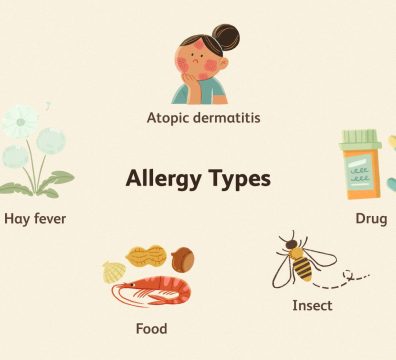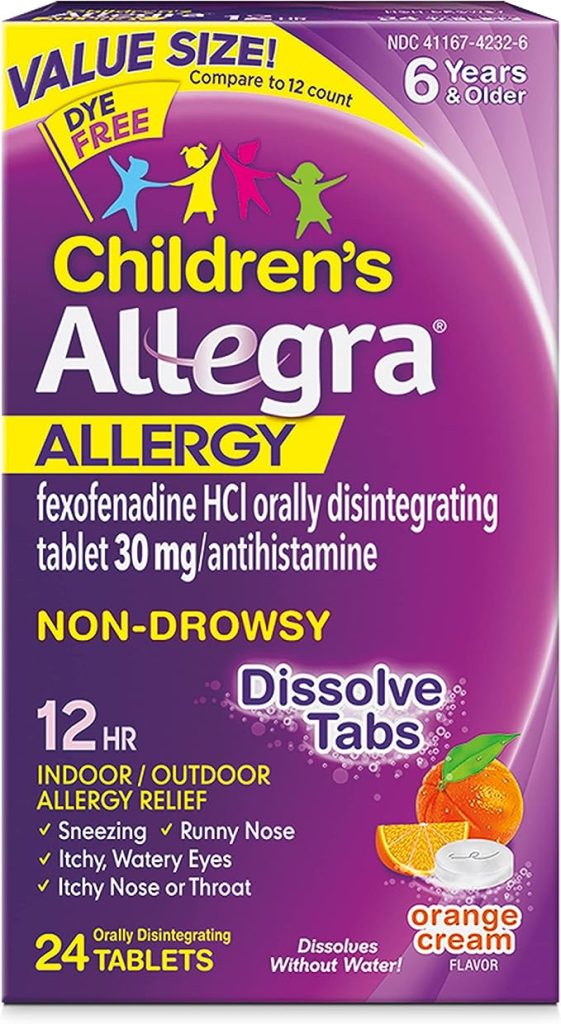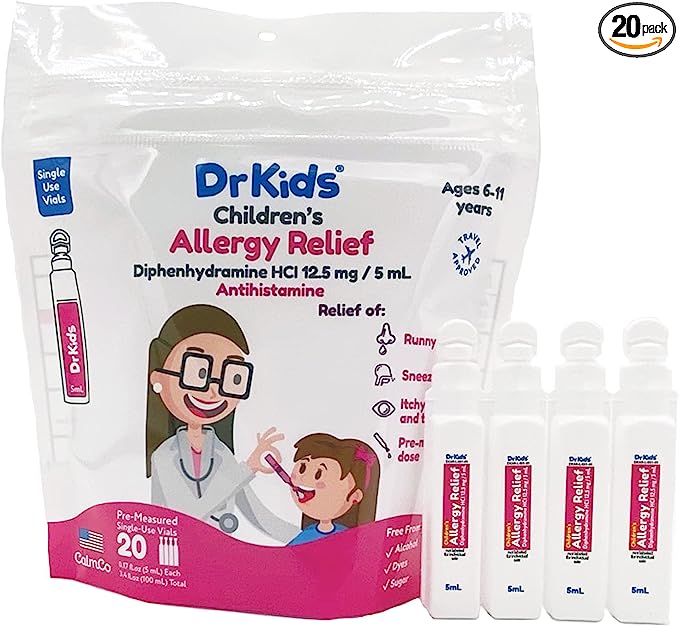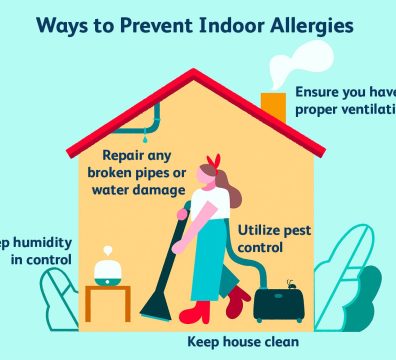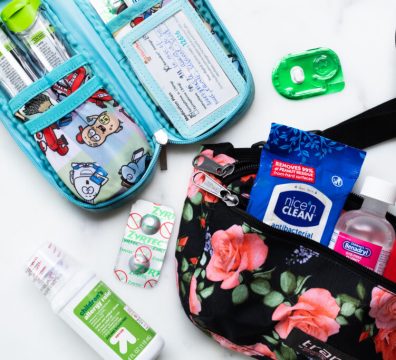Helping Your Child Cope with Allergy Season: "Tips and Tricks"
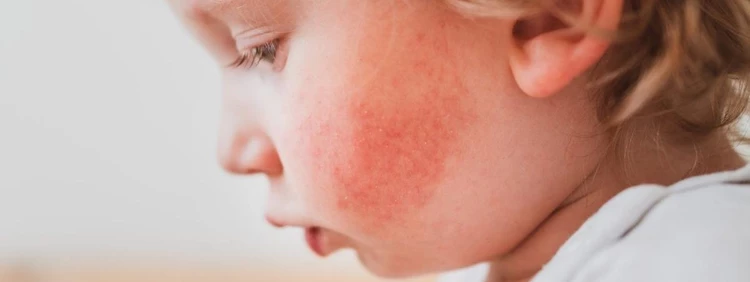
As a parent, it’s natural to worry about the health of your children, particularly during allergy season. Don’t panic if you’re feeling overwhelmed, don’t panic – you don’t have to suffer through it alone! You can quickly help your child get through spring sniffles with a few simple preventative measures and easy remedies. Here are some helpful tips and tricks for managing allergies in kids that will make both parents and children more comfortable this season.
Understand the common triggers for your child's allergies and how to help them avoid exposure.
Allergy season can be difficult for parents of children with allergies, as there are generally more triggers to be aware of and to help protect against. Allergies are triggered by an immune system’s reaction to specific environmental stimuli, such as dust, pet dander, certain foods, or pollens. Therefore, parents must recognize and understand the common triggers associated with their children’s allergies to help them avoid exposure. Allergy sufferers should take extra care during seasonal changes, when pollen and other airborne particles are known to be at a higher concentration, by staying indoors if possible. Furthermore, parents should create an allergy-safe environment inside the home, such as limiting carpeting and rugs and keeping pets out of the bedroom to reduce airborne allergens. Taking these simple steps and avoiding reactions can make all the difference for children with allergies.
Educate yourself on over-the-counter medications and natural remedies to relieve allergy symptoms.
With the onset of spring comes the season of allergies, often leaving us frustrated and desperate to find relief. While plenty of over-the-counter (OTC) medications can help minimize your symptoms, it’s just as important to educate yourself on the potential side effects and possible interactions with other medications you may be taking. Additionally, some natural remedies, such as apple cider vinegar and honey, have proven effective in relieving allergy symptoms. By researching these options thoroughly, patients can make well-informed decisions about how best to manage their allergies. Consulting a medical professional is recommended before starting any OTC medication or natural remedy so they can provide personalized advice based on your condition.
Please discuss with your local allergist any additional steps you can take to minimize their exposure to allergens.
Discussing additional steps to minimize exposure to allergens with your local allergist is an essential part of managing allergies. Your allergist can advise on ways to reduce exposure, help you identify sources of allergens, and recommend appropriate treatments or therapies available in your area. Knowing the potential triggers for your allergy symptoms and understanding new methods for controlling them will help you better manage and minimize future episodes. Ask your allergist for advice on specific precautions, such as avoiding certain foods, exercising regular preventive cleaning measures, or changing the way you use certain products in your home. Taking the time to talk with your doctor about an individualized plan for reducing allergen exposure can help ensure you have a healthy environment that won’t trigger allergic reactions.
Ensure your home is free of dust, mold, pet dander, pollen, and other items that can trigger an allergic reaction in your child.
Keeping your home clean and free of allergens can be an essential step toward ensuring the health and safety of your child. When cleaning or dusting, focus on areas such as bedrooms, living rooms, and any furniture your child may encounter. To reduce allergens in your home, vacuum weekly to remove pet dander and other microscopic particles that linger in carpets and fabrics. It is also essential to tackle mold growth promptly to prevent dangerous spores from irritating your child’s lungs or skin. Monitor pollen levels by checking internet resources available in the area and plan outdoor activities accordingly closing windows if the pollen count appears too high. Lastly, keep a close eye on potential triggers like peeling paint or asbestos-containing insulation, which can cause severe consequences if not correctly handled.
Create an emergency kit with everything they might need in case of an unexpected allergic reaction while away from home (antihistamines, Benadryl, inhaler, etc.).
Being prepared for an unexpected allergic reaction is critical in keeping yourself safe when away from home. To do this, creating an emergency kit with all the essentials you could need if faced with such a situation is best. The emergency kit should include antihistamines, Benadryl, an inhaler (depending on your allergies), epinephrine pre-filled syringes, or other medications that can help treat severe reactions quickly and effectively. Additionally, you should have documents that list all of your allergies and any medical requirements, so medical personnel will be made aware of the necessary steps to take if they are called upon to assist. Having these items close at hand will make you feel more secure and better prepared in the case of an allergic reaction.
In conclusion, allergies can have the potential to make your child uncomfortable and even life-threatening if not appropriately addressed. Understanding what your child is susceptible to, creating a daily routine, and discussing their exposure to allergens with their medical specialist are essential steps for managing allergies. Additionally, preemptively investing in an emergency kit equipped with antihistamines, Benadryl, and an inhaler will provide peace of mind regarding unforeseen reactions. For more valuable tips on dealing with children’s allergies, please comment on your favorite tricks below or visit AskNurseDrea.com!

